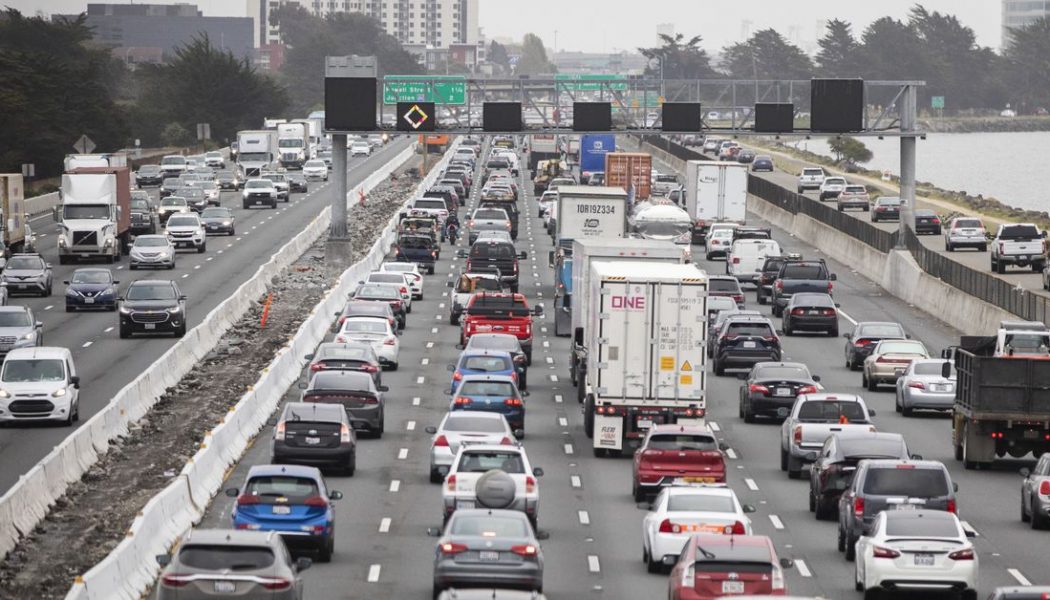
California is on track to regain its power to set tougher vehicle emissions standards than the rest of the US. The Environmental Protection Agency announced today that it’s reconsidering a Donald Trump-era edict that sought to strip California of that ability. The EPA plans to rescind the Trump decision altogether after a public comment period ends on July 6th, the Los Angeles Times reports. Last week, the Department of Transportation moved to repeal a related Trump-era rule that barred individual states from setting their own tailpipe standards.
California has been able to set its own tailpipe standards since it was granted a waiver under the 1970 Clean Air Act. At the time, the Golden State was grappling with an air quality crisis that it sought to solve, in part, with tougher standards for tailpipe pollution. Since then, California has essentially set the tone for the country. In order to sell in California, the nation’s biggest auto market, automakers have had to adhere to the state’s stricter standards.
“I am a firm believer in California’s long-standing statutory authority to lead. The 2019 decision to revoke the state’s waiver to enforce its greenhouse gas pollution standards for cars and trucks was legally dubious and an attack on the public’s health and wellbeing,” EPA Administrator Michael Regan said in a statement today.
Former President Trump sought to take away California’s Clean Air Act waiver and weaken fuel efficiency and emissions standards. While the Obama administration sought to increase average fuel efficiency by 5 percent each year between 2021 and 2026, the Trump administration lowered that standard to a 1.5 percent annual increase.
But Trump faced opposition in court and, increasingly, from automakers. Ford, Volkswagen, Honda, and BMW all struck a deal with California in 2019 to increase fuel efficiency and cut emissions regardless of whatever weaker federal standards the Trump administration set.
So California never fully lost its outsize influence over the auto industry. But with its legal authority to set separate standards fully restored, the state will have an even bigger voice as the Biden administration considers new federal standards expected in July.










